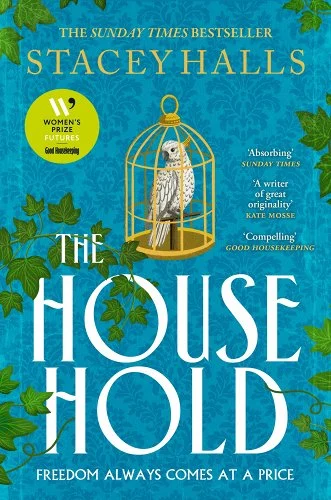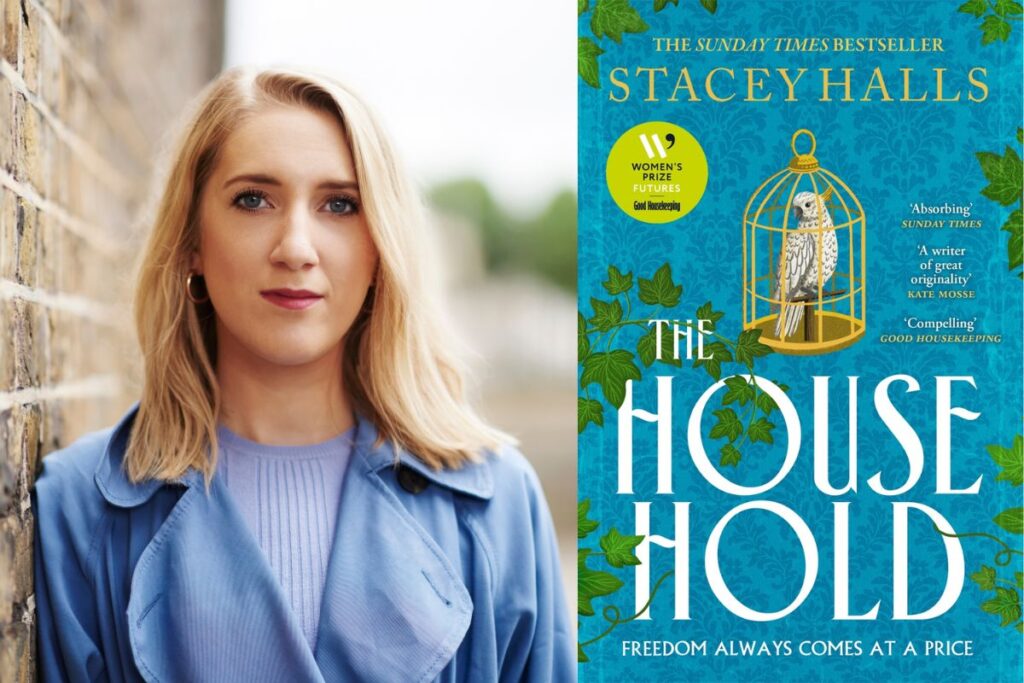If you have an idea for a historical novel but feel overwhelmed with how to begin, bestselling author Stacey Halls sets you on the right path. Read on to discover Stacey’s top-tips for researching your novel.
Remember what it is that grabbed you in the first place
If you’re itching to write about a particular period, or an event or character has sparked an idea for a story, it’s probably safe to assume that you’re interested in whatever has inspired you. Hold on to that and keep the flame of it alive. Chances are if you love something enough to write about it, other people will want to read it.
Don’t get bogged down in the details
It’s a fool’s errand to think you must fill a period piece with props. Dickens and the Brontës weren’t doing it: they were contemporary writers, yet their works are suffused with so much period atmosphere to the modern reader. Look at how they do it, and only put in as much context or detail as you would a contemporary novel, i.e. not much at all.
Start general then fine-tune your research
If your novel is set in Victorian London, it makes sense to begin with books on this subject. Then you can hone in on your areas of interest: family, the home, prisons, slums etc. Even if you don’t end up using any of it – and you probably won’t – it helps to know characters’ contexts and backstories.
Don’t take too many notes
It’s tempting to get all schoolgirlish and jot down anything you find interesting, but I’ve found I rarely consult my notes when writing. The stuff that goes into my books tends to stay in my mind, where it sort of marinates and develops over time. It can be tempting to be diligent and know exactly how much a joint of ham cost in 1765, for example, but unless you absolutely need that fact – which you won’t know until you begin writing anyway – leave it out.
Start before you’re ready
“But I don’t know enough!” I hear you cry. No, you don’t, and you never will, because you aren’t writing a history book. You’re writing a story, which is made up of character, who are made of plot, which is made by characters, who are made of plot, etc etc. Maybe you won’t know what happens until you start writing, maybe you have a good idea, but begin before you’re ready and the rest will come.
Google Ngram is your secret weapon
Is your story set after 1800? If not, sorry, I can’t help. If yes, you can plug any word or turn of phrase into this excellent piece of software and it’ll tell you how prevalent a word was in published books and the context, in a handy graph format. For example, I was so certain mothballs were around in the 1840s I put them into my novel and didn’t check, and it turns out they weren’t around until the early century. It has saved me from a few blunders.









